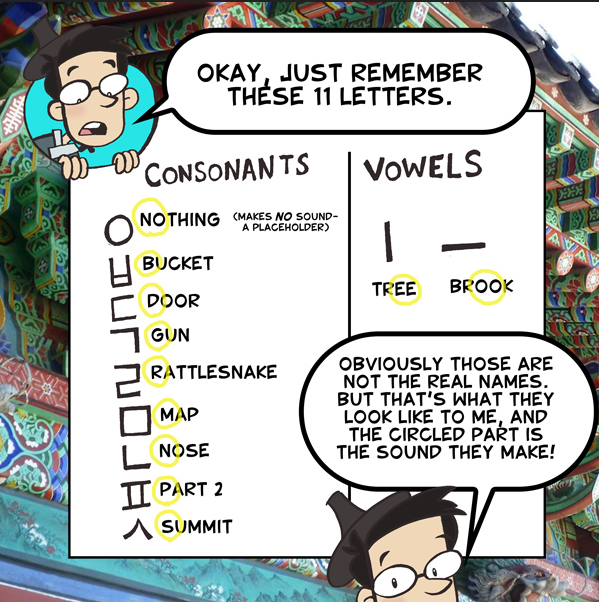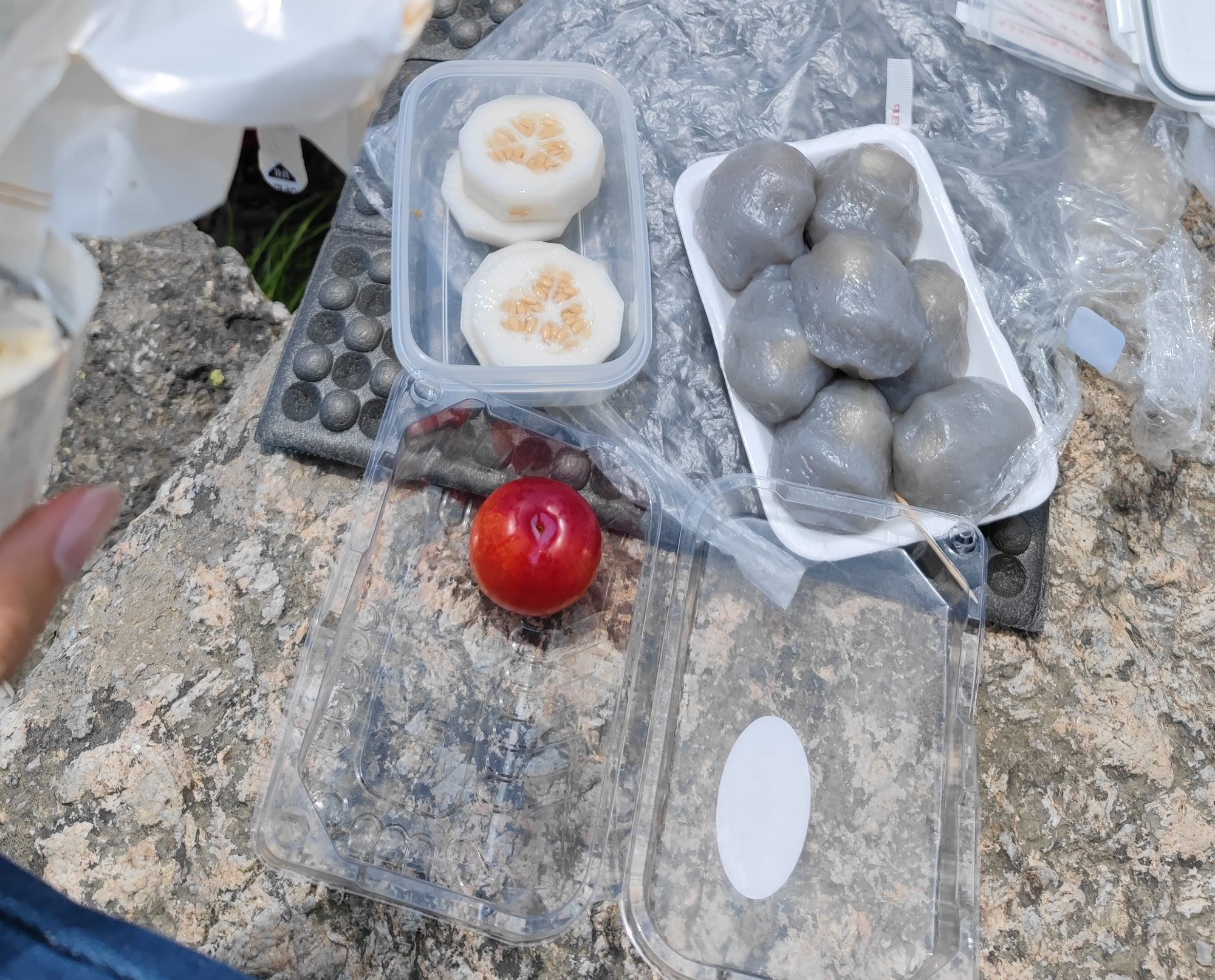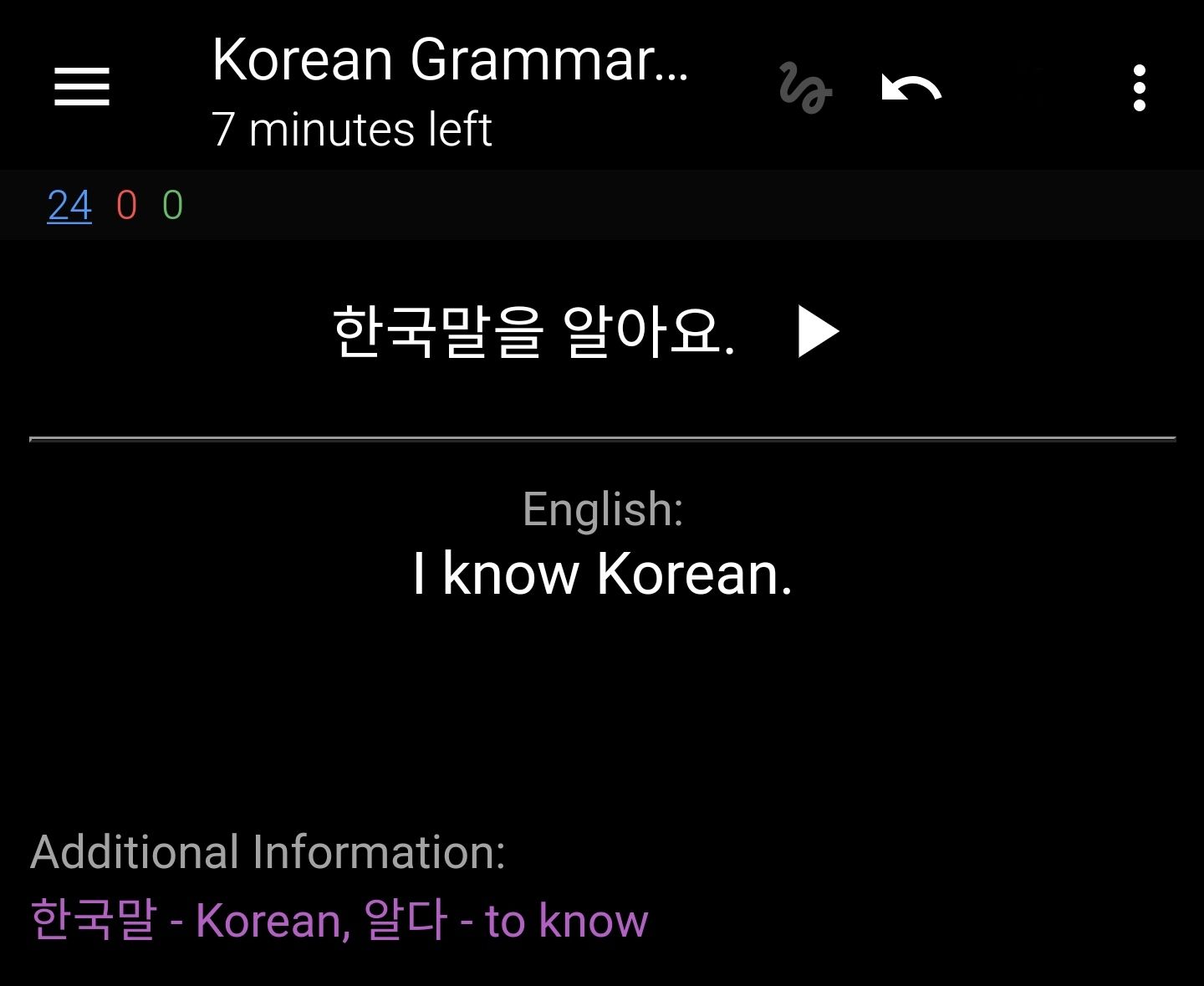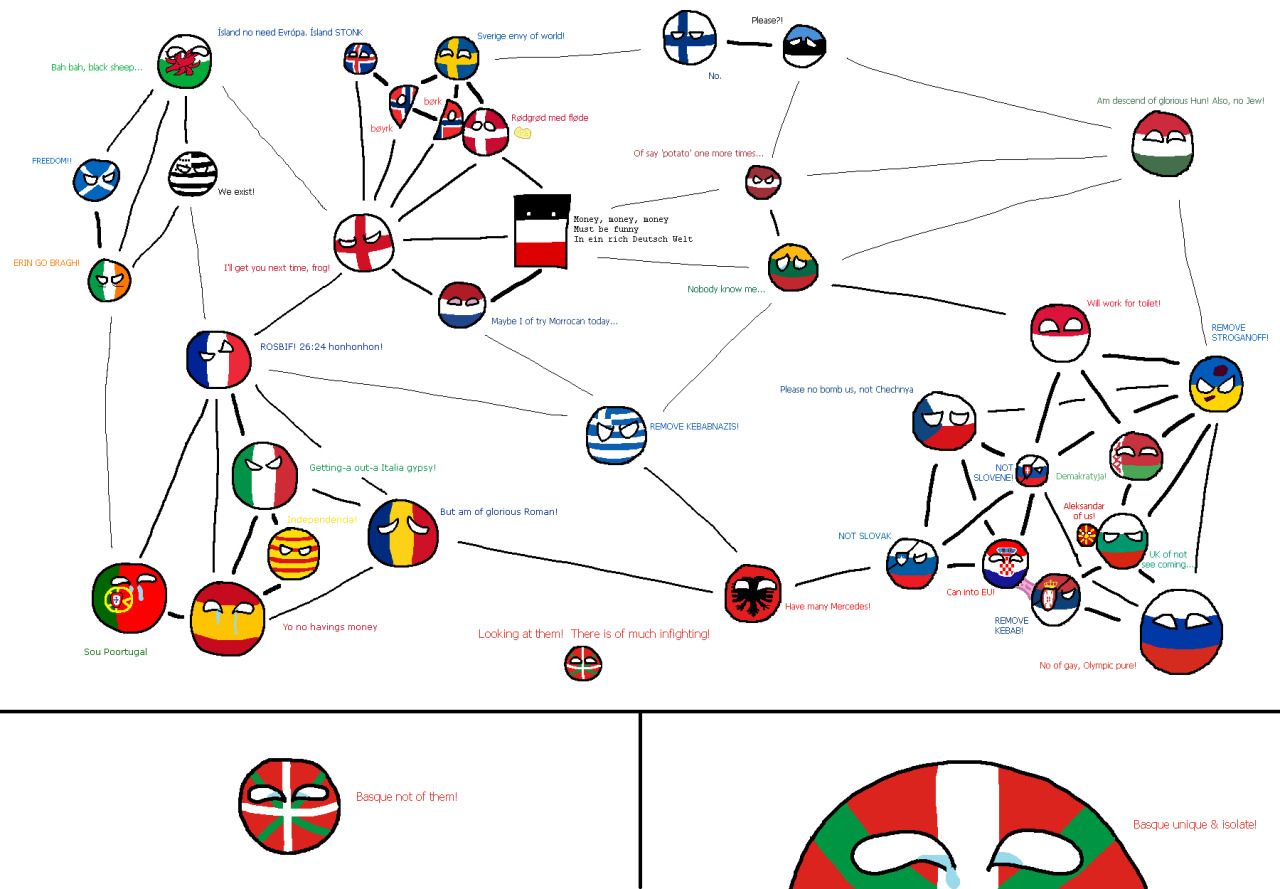Learning Languages

Having been stuck in Singapore/Malaysia for the past 22 years of my life, I finally had the opportunity to do a solo trip to Korea for two and a half months back in May 2022, thanks to a summer school scholarship and some extra pocket money from my internship.
Why study a new language?

After booking my plane tickets, I started to learn some simple Korean phrases, alphabets and numbers. For a native Chinese speaker like me, I had a bit of a headstart as there were many cognates that exists between the two, due to the same root word it was derived from. Korea also uses a whole lot of Konglish, which comprises of English loanwords appropriated into Korean. I also started out my trip in Seoul where most people are able to speak some English, which allowed me to immediately be able to navigate around solo.
During my time there, I started learning Korean by directly conversing with locals and whipping out Papago as and when it is needed. I feel that learning the native language in a foreign country just to speak to the locals is the biggest sign of respect as a foreigner. Even though it's obvious that it isn't perfect, the energy that I get from people changes so much when I speak their language. They seem so proud and warm up to me so much quicker.

I feel like for many people, especially countries like Korea where it the only place Korean is spoken, expect to be unable to communicate with foreigners. It's so fun to surprise people and motivating to hear the complements they give. Understanding their language also opens up a whole new world of opportunities, go on adventures, hear the stories about other people's lives, another part of humanity. You're able to make amazing connections with people and their culture in a much more interesting way.
“If you talk to a man in a language he understands, that goes to his head. If you talk to him in his language, that goes to his heart.” – Nelson Mandela
Traditional language learning
During my trip in Korea, I've also talked to many people about their experiences of learning English in the public education system. Although it is a mandatory subject in Korea the moment children enter into the education system up till high school, the learning structure focused on memorization and parroting that isn't conducive for fluency and listening comprehension. The same can be said for Singapore as well. I remember being in primary school and being forced to memorize phrases and even essays, just to regurgitate them during exams which increased my dislike for language subjects even until now.
The ideal language classroom is focused on real language which includes slang and street language used in the context of conversation. However, in many classrooms, focus is put on the formal and floral language which is not used in everyday conversation (imagine using 风和日丽 in a sentence). This can limit a student's ability to speak the language fluently.
In Singapore, many students from English speaking families study Chinese but their proficiency is low because they rarely use it at a conversational level. To add to the issue, we also use a lot of loan words from other languages (like tilam, kopi, sibeh, limpeh) But honestly, I still love our culture and I think it's very unique, they should be kept and not be replaced with more formal words, but that's for another discussion altogether.
When it comes to fluency, the best place to learn a language is always going to be with native speakers in an immersive environment. This is definitely tougher especially when you are in a country where that language is not spoken, but it's not impossible in the 21st century with social media apps making it easier to connect with people from all over the world.
How polyglots learn
Anyhow, this trip sparked my interest in learning new languages. I realized it's really fun to learn languages away from the classroom and to be able to communicate with people in their native tongue. I started learning Spanish after coming back home but it was just different because I wasn't able to fully immerse myself in the language. Recently, I found a youtuber by the name of xiaoma which became my new inspiration to learn new languages. He's a polyglot that goes around to different communities and communicates with people in their native tongue. He also made a video on how he is able to acquire the ability to have a basic conversation in any language in just a short amount of time.
My takeaway from this is that if your goal of learning a language is to be able to communicate with locals, there is no need to learn how to read or write, learning the tonal sounds and confusing yourself with grammar is a waste of time. There is definitely value in that, but if you just want to be understood when abroad, diving straight in to learn how to speak by just listening and practicing is the best way to go.
Learning to be able to converse in a foreign language is really similar to playing chess. You study the opening moves that are frequently used and their replies to them; common phrases like hello, how are you, thank you. Just like chess, the first few moves in the opening lays the foundation, and once you know that, you will be able to continue to build on it and keep the conversation going.
I have created one for my own use, feel free to use it too:
Tips
I used Duolingo to learn Spanish and broke my ~60 day streak just last week. Although it was great that it teaches you to remember stuff in the context of an entire sentence rather than just single words at a time, it forces you to translate sentences and you can't choose which words/sentences you learn. Some sentences were also very weird, stuff that you will never hear people say. It's a good way to start learning a new language but it's no substitute for creating your own sentences, learning vocabulary related to your actual interests, conversing with natives, listening to native speakers and so on. I have a very bad memory and was only able to remember certain Korean phrases because I used it regularly or I remember hearing it before in a real like situation and was able to recall it due to the memory being more "real" and "unforced".

After doing some research, I found Anki, an open-source flashcard project available on almost all platforms. Oh how much I love open source. It supports images, audio, videos and even LaTeX to help people remember things in their daily lives. Progress can also be synced across devices easily.
For learning languages, you can find many shared decks online with sentences and native audio contributed by various people. Pronunciation and speaking is very important, although this seems to be the most neglected part of language learning. Anki is great for this, and you are even able to add in sentences in the deck as you learn them, and add in supplementary learning aids like images/audio. I consume a bit of Korean comedy (shoutout to 코믹마트, Dlib Factory and 낄낄상회 for making such entertaining videos) and I add sentences from dialogues in which there is a word or two that I don't understand, and on the back of the card I put the definitions.

| Korean | Chinese | English | Spanish | |
|---|---|---|---|---|
| Cognates | 외국인 | 外国人 | dictionary | diccionario |
| False Friends | 화장실 | 化妆室 | constipated | constipado (cold) |
| Grammer | 在我家里 | at my house |
You should also take advantage of languages you already know to learn new languages. Some languages, due to their similarities, can be learnt more easily than others. For example, if you know Spanish, learning French, Portuguese, or Italian will be much easier as they share some common letters, pronunciation or grammar. Just beware of false friends.
Ideally you should also get a teacher/native speaker to critique your speaking. But if you can't find or afford one, apps like omegle, hilokal and Italki are great resources to immerse yourself in the language too, aside from consuming media. One of my friends also mentioned changing your phone's language, but that is probably only a good idea once you've passed the beginner stage.
Anyways, I've just started to try this out, we'll see how it goes.
